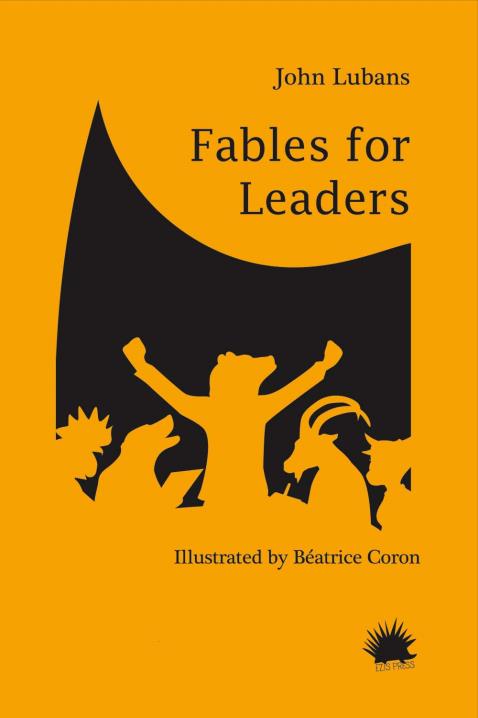Artificial Intelligence: A Ways to Go
|
|

I've been using Bard, a Google AI experiment. Pretty good results and probably with the right topic a senior in high school or a freshman in college might be able to get Bard to write their three-page term paper in five seconds.
I use Bard to get a quick background on a topic.
But, and this is a big but, when I asked Bard about the ethnicity of a football player at the University of Oklahoma (my team!) Bard gave me a 700-word lecture on DEI (for non-Americans this is Diversity, Equity and Inclusion; hyper-wokeness).
Regardless, I did not need the lecture nor did Bard answer my simple question.
The player has an unusual name: Gavin Sawchuk.
He's a stellar player, a running back, and I thought maybe - since he hails from Oklahoma City - he might be of Native American heritage.
(Again for non-Americans, Oklahoma (statehood 1907) was formerly known as Indian Territory and largely populated by tribes forced to move there along the infamous "Trail of Tears". I admire and respect Native Americans and was curious to see if Mr. Sawchuk was of that culture.
When I looked up his last name, Google told me Sawchuk was an Americanized form of Polish Sawczuk or Ukrainian Savchuk.
He does not look Ukrainian or Polish (yeah, yeah, I know). And Sawchuk, when I first heard the name on a tv broadcast, sounded, just maybe, Native American.
All this to show you how far AI has to go.
I did not need the DEI lecture. That was an unnecessary overreaction to my harmless use of the word "ethnicity".
But, it does show a few things about AI. First, the response suggest inherent prejudices - what else is political correctness? - of some of the AI developers.
Second, Bard and all other AI programs only have access to what's on-line.
AI does a good of reformatting available data into a freshman quality paper but it adds nothing new.
That is worth repeating but I won't.
__________
All pre-AI, my Fables for Leaders, is only a click away:

Copyright all text John Lubans 2023
 John Lubans - portrait by WSJ
John Lubans - portrait by WSJ